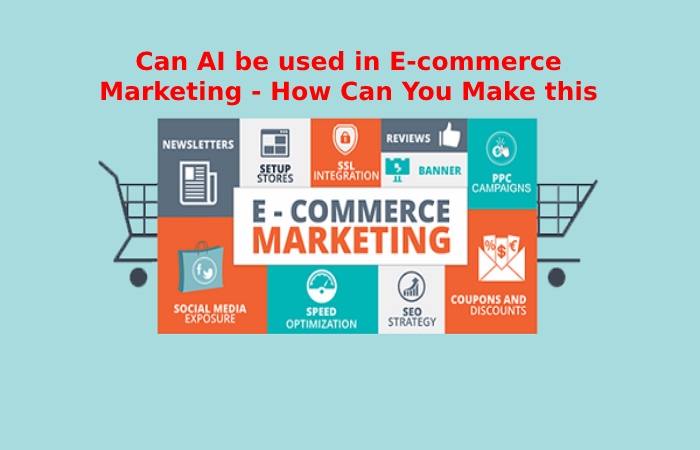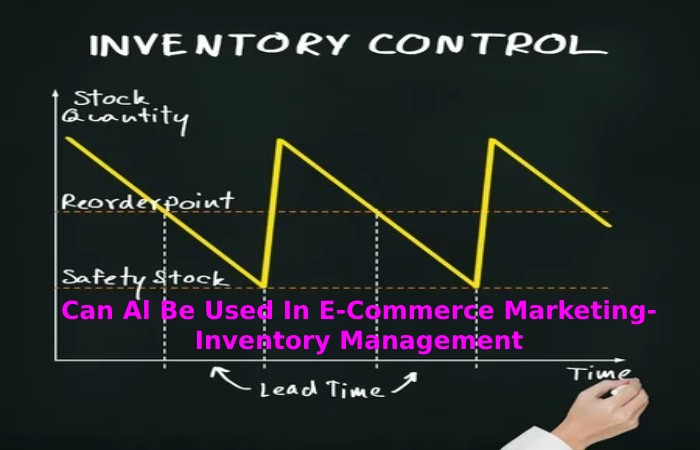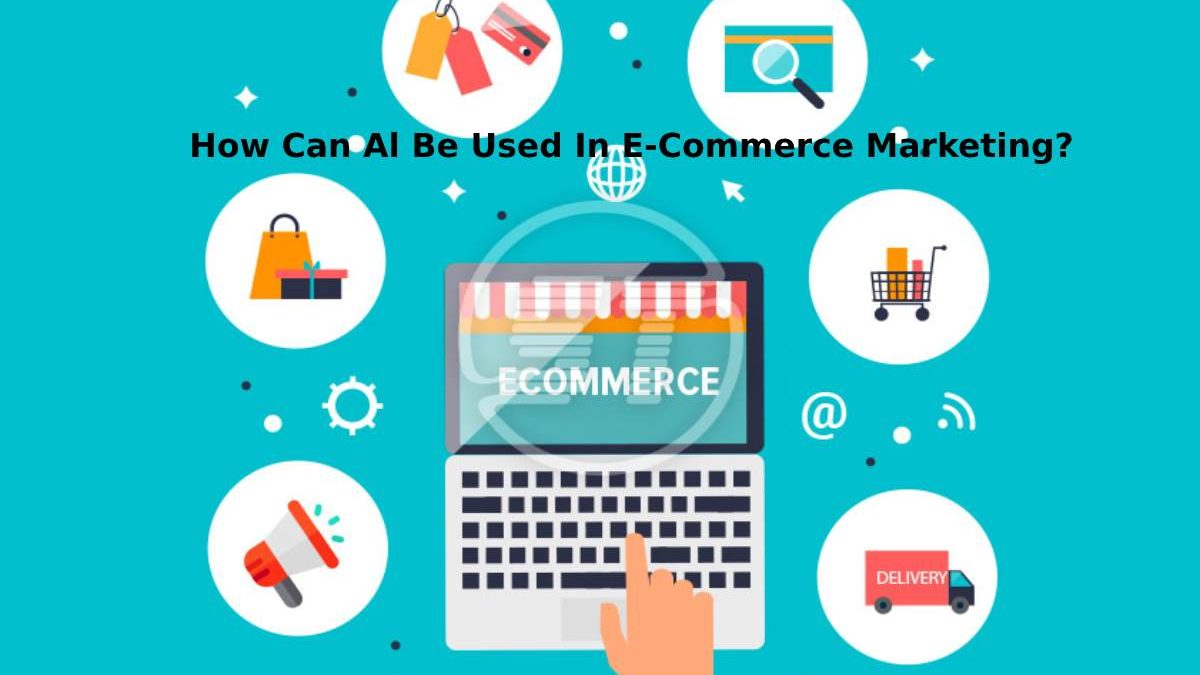Table of Contents
Introduction
Can Al Be Used In E-Commerce Marketing? Despite the general public, there is a concern. Remain it worth venturing into using AI in e-commerce, and regardless of its feasibility, does it have to remain implemented in your e-commerce store correctly nowadays?
Well, if you are, by any means, related to the e-commerce business, you remain advised to pay close attention. But e-commerce is susceptible to AI disruption, as learning technologies and algorithms transform how we buy and sell goods online. AI can not only perform the tasks we previously performed manually but also optimize customer skills and offer retailers the information they need to make an informed business decision.
Here are some ways artificial intelligence is transforming e-commerce:
Many e-commerce companies are already applying artificial intelligence to understand their customers better, improve their customer experiences, increase automation and generate high-quality leads.
AI-Assisted Product Recommendations – Can Al Be Used In E-Commerce Marketing
Retailers can use Big Data (the collection and compilation of data from different channels, previous transactions, and other activities) to determine trends in shopping habits. This analysis could remain used for custom product recommendations.
AI shows highly personalized products better, assesses customer behavior, and provides sophisticated predictions about what a customer wants. It remains actively used to predict future purchases and design a customized sales strategy based on customer behavior trends.
Can Al Be Used In E-Commerce Marketing – How Can You Make this Possible?

Although this aspect of e-commerce marketing is not completely unknown, many e-commerce stores use collaborative filters that use previous history and general patterns. AI enhances this approach by analyzing a huge volume of information and, together with deep learning, enables robust customization.
Using AIs like IBM’s Watson, you have a platform that provides information by analyzing customer behavior. For example, Amazon already uses several AI technologies to select customer recommendations. However, this recommendation engine remains powered by machine learning (ML).
Can Al Be Used In E-Commerce Marketing- Inventory Management

Another area of e-commerce where predictive AI analytics is reshaping the field is in the context of inventory management. Storage facilities don’t have the space or money to keep everything in stock, so arranging the goods you want when you need them is important. In addition, inventory must be up-to-date, properly stored, and pre-ordered based on customer demand predictions.
AI technology uses predictive analytics to estimate future market demands. With machine learning, this AI technology becomes increasingly better at correctly forecasting what inventory you want to direct and how much of it you should always have on hand. In addition, these AI systems can anticipate rapid changes in demand, perform preventative maintenance for your technology, and even automate certain packaging trials to increase productivity.
E-commerce brands are progressively turning to artificial intelligence to improve their analytical skills, create a more personalized customer experience and increase their competitiveness. However, as the AI market in e-commerce continues to grow, any brand failing to invest in its potential will remain in the dust.
Artificial Intelligence (AI) In E-commerce: What are the Statistics and Facts
Artificial intelligence has always been under the attention because of its portrayal in popular media. However, it also means a vast body of studies and reports documenting their performance and growth. We have collected this data in four main areas of AI performance to gain a quantitative understanding of how AI remains incorporated into e-commerce companies and the numbers companies can use to make better-informed decisions in 2022.
AI Adoption In Ecommerce Statistics
In 2022, e-commerce will be a major user of artificial intelligence, followed by FinTech and online media (platforms such as YouTube) because Artificial intelligence in e-commerce has increased tremendously in the last 5 years. It will only increase in the next few years since, according to a recent study, 84% of e-commerce companies are actively working on AI solutions in their business or have it as a top priority. (PwC) In another report, 75% of IT leaders said using AI technology will help improve security. (Statista) 23% of companies interviewed have already deployed AI chatbots. And also another 31% of companies plan to deploy AI chatbots in 2021.
The global conversational AI market remains expected to grow to $13.9 billion by 2025. (Business Wire) Facebook Messenger hosts more than 300,000 active chatbots. Chatbots are also among the most popular methods for implementing AI in e-commerce. (Hootsuite) Gartner imagines that by the end of this year, artificial intelligence will grip 15 percent of all customer service interactions worldwide without interference from its human counterpart.
Terms Related:
- Role of Artificial Intelligence In E-Commerce
- Benefits of Ai In Ecommerce
- Artificial Intelligence In E-Commerce Pdf
- Ai E-Commerce Companies
- Ai Shopping System
- What Is E-Commerce
- Ai In Education
- Disadvantages of Al In Online Shopping
Conclusion
Can Al Be Used In E-Commerce Marketing? Some of the leading use cases of artificial intelligence in e-commerce remain personalized shopping, product recommendations, and inventory management. As an online retailer, are you considering how to implement a working model of artificial intelligence for your business? Designed for AI in e-commerce startups, Countants is an established data analytics provider enabling online retailers with solutions. And also product analytics and E-commerce KPIs.

